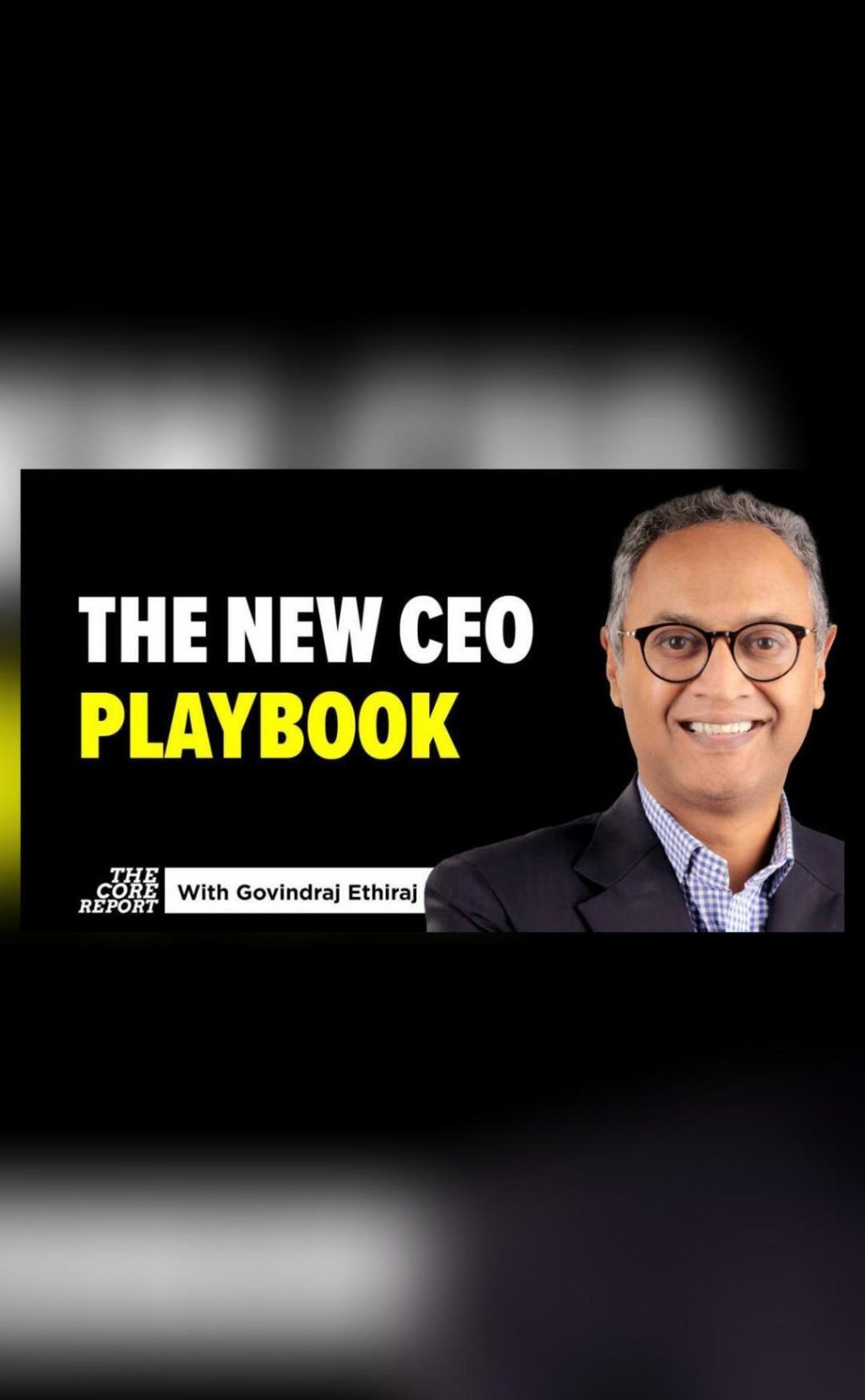
The New CEO Playbook: AI Pressures & Global Tariff Shocks
In today’s fast-paced and ever-changing business landscape, CEOs are facing unprecedented challenges. The rapid advancement of Artificial Intelligence (AI) and the sudden introduction of global tariffs are forcing companies to rethink their strategies, operations, and even their very business models. As AI reshapes industries and tariff shocks disrupt trade, CEOs must navigate internal pressures to automate and innovate, while also adapting to external forces that are shifting the global economic landscape.
In this blog post, we’ll explore the new CEO playbook, highlighting the key challenges and opportunities that leaders must address to remain competitive in an increasingly turbulent world.
AI Pressures: The Need to Automate and Innovate
The rise of AI has brought about significant changes in the way businesses operate. From predictive analytics to machine learning, AI has the potential to revolutionize industries and drive increased efficiency. However, this transformation comes with its own set of challenges. CEOs must now consider the need to automate processes, invest in AI research and development, and upskill their workforce to remain competitive.
As AI reshapes industries, CEOs must also be prepared to disrupt their own business models. For example, companies that rely heavily on manual labor may need to re-examine their supply chains and logistics to take advantage of AI-powered automation. In contrast, companies that invest in AI may need to rethink their organizational structures and talent pipelines to ensure they have the right skills in place.
Global Tariff Shocks: The Impact on Trade and Supply Chains
The recent introduction of global tariffs has sent shockwaves through global trade, causing uncertainty and disruption for businesses of all sizes. As trade policies continue to shift and evolve, CEOs must be prepared to adapt their supply chains, manage relationships with suppliers, and navigate the complex web of tariffs and regulations.
For companies that rely heavily on international trade, the impact of tariffs can be significant. From increased costs to reduced demand, CEOs must be prepared to respond quickly to changing market conditions. This may involve diversifying supply chains, investing in local production, and exploring new markets to mitigate the effects of tariffs.
Rethinking Strategy and Operations
In the face of AI pressures and global tariff shocks, CEOs must be prepared to rethink their strategies and operations. This may involve:
- Localizing production: Companies may need to invest in local production to reduce reliance on international trade and mitigate the impact of tariffs.
- Adapting to changing market conditions: CEOs must be prepared to respond quickly to shifting market conditions, including changes in consumer behavior and demand.
- Investing in AI and automation: Companies that fail to invest in AI and automation may struggle to remain competitive in an increasingly automated world.
- Upskilling and reskilling: As AI reshapes industries, CEOs must invest in upskilling and reskilling their workforces to ensure they have the right skills to remain competitive.
- Diversifying supply chains: Companies that rely heavily on international trade may need to diversify their supply chains to reduce reliance on a single supplier or market.
The New CEO Playbook: 5 Key Takeaways
In the face of AI pressures and global tariff shocks, CEOs must be prepared to adapt and innovate. Here are 5 key takeaways from the new CEO playbook:
- Embrace AI and automation: Companies that fail to invest in AI and automation may struggle to remain competitive in an increasingly automated world.
- Localize and adapt: Companies must be prepared to localize production and adapt to changing market conditions to remain competitive.
- Invest in upskilling and reskilling: As AI reshapes industries, CEOs must invest in upskilling and reskilling their workforces to ensure they have the right skills to remain competitive.
- Diversify supply chains: Companies that rely heavily on international trade may need to diversify their supply chains to reduce reliance on a single supplier or market.
- Rethink strategy and operations: CEOs must be prepared to rethink their strategies and operations to remain competitive in an increasingly turbulent world.
Conclusion
In today’s fast-paced and ever-changing business landscape, CEOs are facing unprecedented challenges. From AI pressures to global tariff shocks, companies must be prepared to adapt and innovate to remain competitive. By embracing AI, localizing production, investing in upskilling and reskilling, diversifying supply chains, and rethinking strategy and operations, CEOs can navigate the challenges of the new CEO playbook and position their companies for long-term success.
Watch the video:
To learn more about the new CEO playbook and how to navigate the challenges of AI pressures and global tariff shocks, watch our video: https://youtu.be/0osLVVtj7tY






